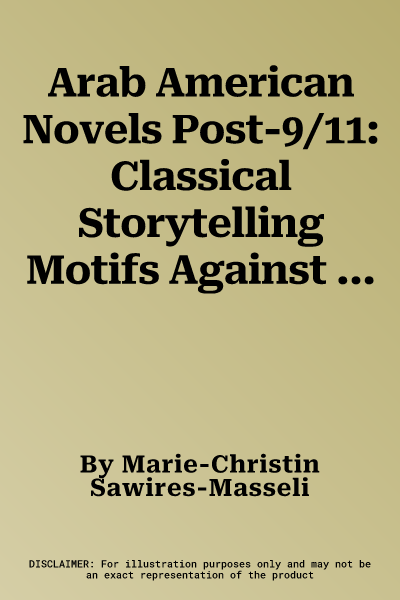Marie-Christin Sawires-Masseli
(Author)Arab American Novels Post-9/11: Classical Storytelling Motifs Against OutsidershipHardcover, 31 August 2018

Qty
1
Turbo
Ships in 2 - 3 days
In Stock
Free Delivery
Cash on Delivery
15 Days
Free Returns
Secure Checkout

Part of Series
American Studies - A Monograph
Print Length
316 pages
Language
English
Publisher
Universitatsverlag Winter
Date Published
31 Aug 2018
ISBN-10
3825369218
ISBN-13
9783825369217
Description
Product Details
Book Format:
Hardcover
Country of Origin:
US
Date Published:
31 August 2018
Dimensions:
21.08 x
13.72 x
2.54 cm
Genre:
21st Century
ISBN-10:
3825369218
ISBN-13:
9783825369217
Language:
English
Location:
Heidelberg
Pages:
316
Publisher:
Weight:
439.98 gm